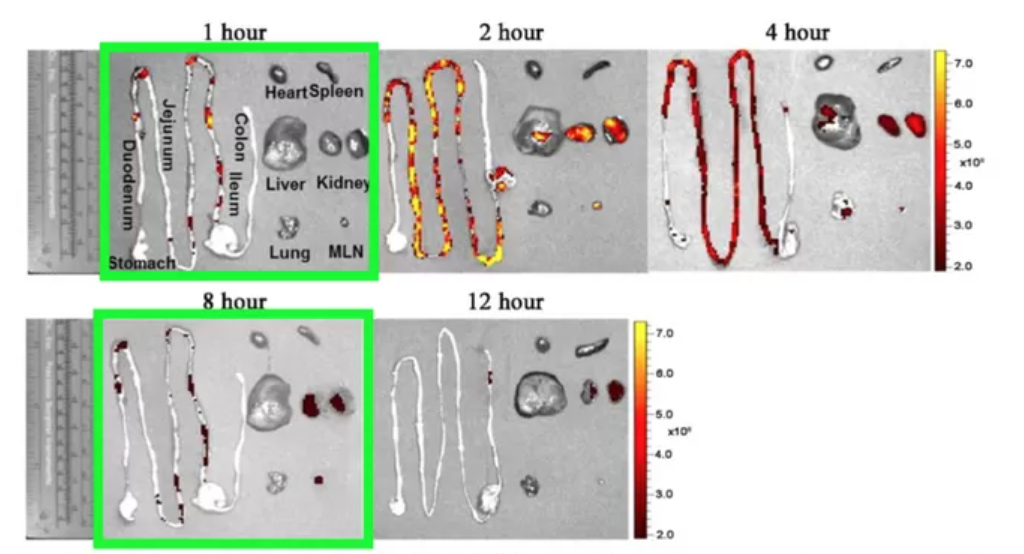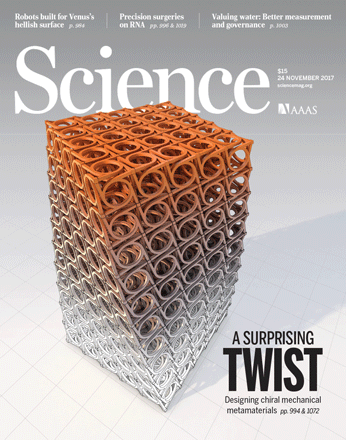
Last month, PLOS ONE published a paper reporting on a trial to improve the uptake of the measles vaccine in Nigeria. The researchers were affiliated with IDinsight, a San Francisco-based “global advisory, data analytics, and research organization that helps development leaders maximize their social impact.”
San Francisco is about 7,800 miles from Lagos, and the list of authors — Sam Brownstone, Alison Connor and Daniel Stein, a former economist at the World Bank — seemed suspiciously devoid of Nigerian names.
That omission was even more strange given the title of the article: “Improving measles vaccine uptake rates in Nigeria: An RCT evaluating the impact of incentive sizes and reminder calls on vaccine uptake.” Almost immediately after publication, Ejemai Eboreime, a physician and public health worker, pointed out on Twitter the implausibility of the implied claim that no local scientists were involved in a randomized controlled trial covering nine clinics throughout the country — which he alleged also was a violation of local research ethics provisions.
Continue reading “Consistently unsurprised”: Nigerian vaccine study with no Nigerian authors retracted







